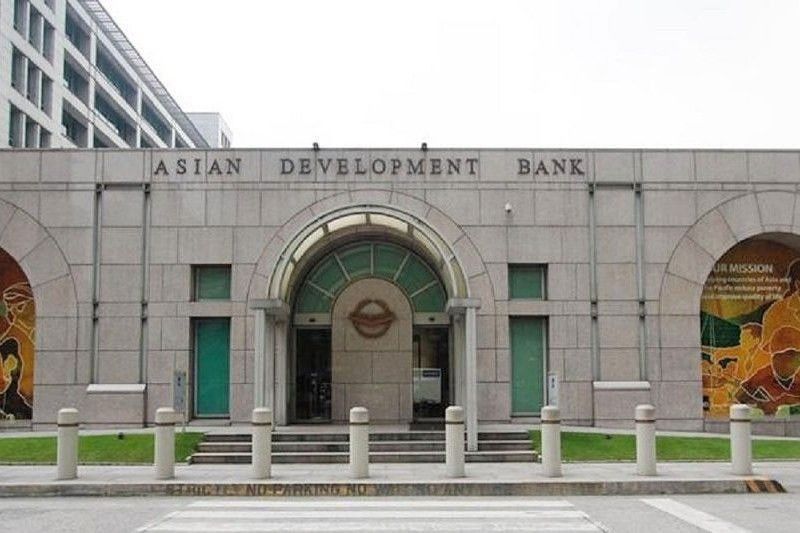Recession in developed countries to impact trade, says ADB

MANILA, Philippines — Asia’s developing countries will not be spared from the impact of a recession in advanced economies, with the effect mainly to be on trade, the Asian Development Bank (ADB) said.
“If advanced economies were to fall into recession, developing countries in Asia would not be immune to the fallout,” ADB economists Matteo Lanzafame, Irfan Qureshi, Arief Ramayandi and Marcel Schröder said in the multilateral lender’s latest blog.
They said Asia would be affected mainly through trade, with about 29 percent of the region’s merchandise exports going to the United States and Europe last year.
In the case of the Philippines, the US was the top destination for its merchandise exports last year, accounting for 15.87 percent of total.
Data from the Philippine Statistics Authority showed the country’s merchandise exports to the US were valued at $11.85 billion last year.
“The effects are likely to be layered. First, lower consumer spending in the US and euro area would dampen Asia’s export prospects,” the ADB economists said.
Those likely to suffer a larger impact are the more open economies such as China, South Korea and Singapore.
In addition, the ADB economists said the slower growth in China, which exports about 30 percent of its goods to the US and Europe, would further weaken demand for imports from the rest of Asia and create distortions to production chains in the region.
“Some developing Asian economies could also be affected via reversals of financial flows,” the ADB economists said.
Investors often go for safe-haven assets during periods of uncertainty, and this could lead to substantial capital outflows and currency depreciation in emerging economies.
“Such a development could fuel imported inflation, stifle consumer and business confidence, and give rise to balance of payments and debt servicing difficulties in economies with weaker macro-fundamentals,” the ADB economists said.
While advanced economies are not in a recession, they said the risks of such are rising as central banks are hiking interest rates to address rising inflation, and given the possible escalation of the fallout from Russia’s invasion of Ukraine.
With Asia to be affected should advanced economies go into a recession, the ADB economists said policymakers in the region will have to monitor the economic environment and carefully plan their response to keep inflation in check and sustain growth.
“In economies where the current level of economic activity is higher than its post-COVID-19 productive capacity, monetary policy tightening should be given more weight,” they said.
As for those where present economic activity is short of the economy’s production capacity, they said aggressive monetary tightening could be costly and counterproductive.
In either case, they said the monetary policy should be coordinated with prudent fiscal policy, with social protection provided to the most vulnerable groups, and investments made in areas with high development returns.
“Greater coordination among monetary authorities across the world, as well as clearer communication of their planned tightening path to tame inflation, would make it easier for policymakers to choose the right policy mix,” they said.
- Latest
- Trending
























